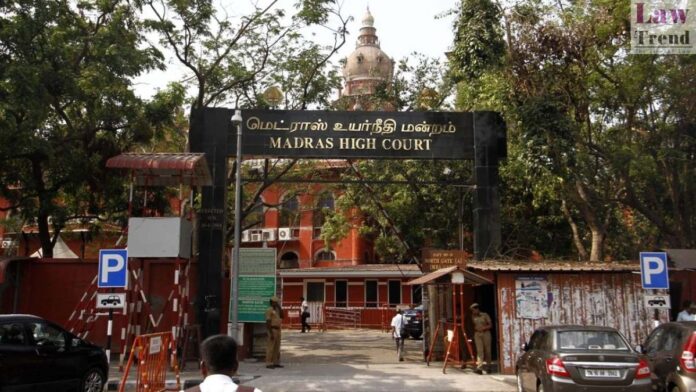The Tamil Nadu government has approached the Madras High Court seeking modification of its recent order restraining the use of names and images of living political personalities in state welfare schemes, arguing that the directive could derail ongoing public benefit initiatives.
In its plea, the state government specifically sought permission to continue two flagship schemes—Ungaludan Stalin (With You, Stalin) and Nalam Kaakum Stalin (Stalin for Health)—with their current names. It argued that the Chief Minister, being a constitutional authority, cannot be equated with a political personality for the purpose of imposing such restrictions.
The matter was heard on Monday by the first bench comprising Chief Justice M M Shrivatsava and Justice Sunder Mohan, which posted the hearing to August 7. The bench had earlier, on July 31, passed an interim order barring the use of names, photographs of living personalities—including past Chief Ministers and ideological leaders—and political insignia, in government advertisements or scheme names. The order came on petitions filed by AIADMK MP C Ve Shanmugam and advocate Iniyan.
Senior counsel Abhishek Manu Singhvi, appearing for the Tamil Nadu government, urged the court to clarify the order, stating that no appeal had been filed before the Supreme Court. However, senior counsel Vijay Narayan countered that a mention had been made before the apex court and the matter was expected to be listed soon. The High Court bench, acknowledging the overlapping legal proceedings, decided to defer its decision for two days, setting the next hearing for Thursday.
The government, in its modification plea, highlighted the logistical and public welfare implications of the court’s order. Public Secretary Reeta Harish Thakkar submitted that the Nalam Kaakum Stalin scheme, which offers statewide health checkups and medical benefits, was notified on June 3 and officially launched on August 2. She warned that applying the court’s order immediately would require halting the scheme, reprinting all materials, and redoing arrangements—an exercise that would take weeks and significantly impact public health outreach.
Reiterating the timing of the legal challenge, Thakkar emphasized that the petitioners had moved the court at the eleventh hour, thereby causing undue hardship to the state and the public.
The case underscores a broader tension between political visibility and constitutional propriety in welfare scheme branding, as courts seek to prevent state resources from being used for political promotion while governments cite administrative continuity and public interest.
The final decision on whether the schemes can retain their current names now rests with the Madras High Court, which will hear the matter again on August 7.




